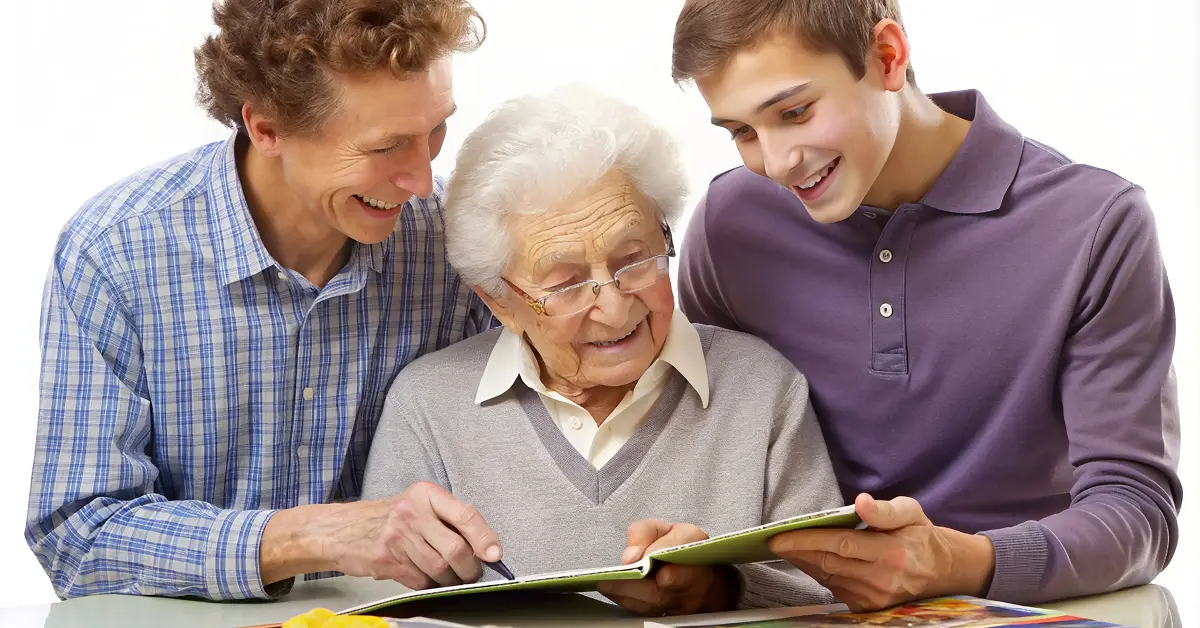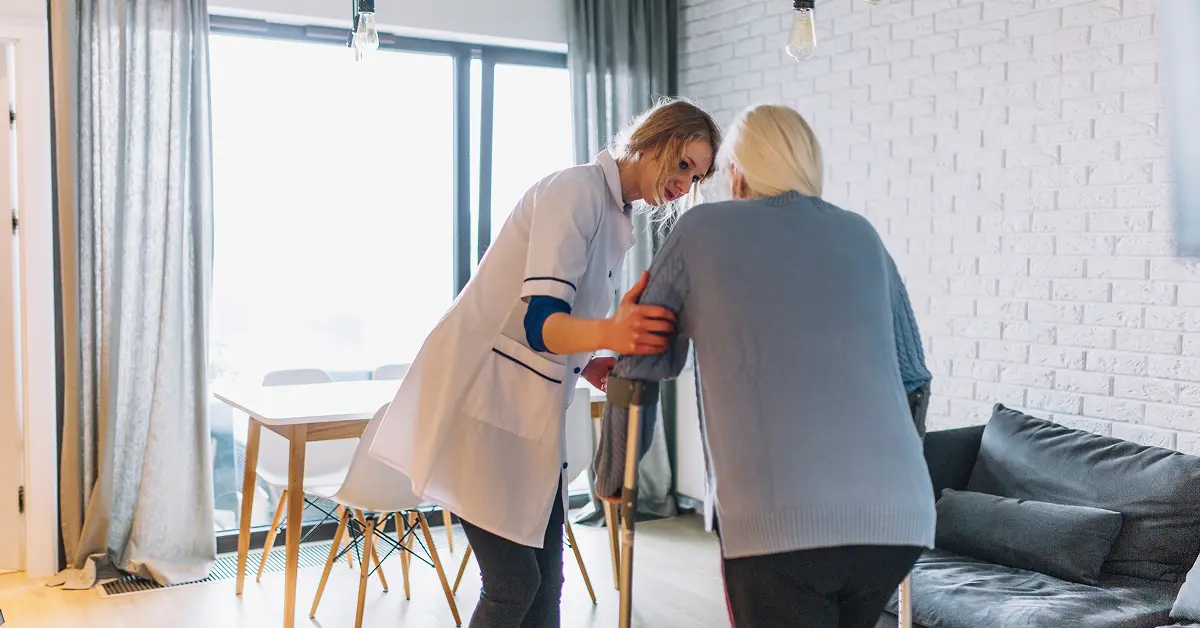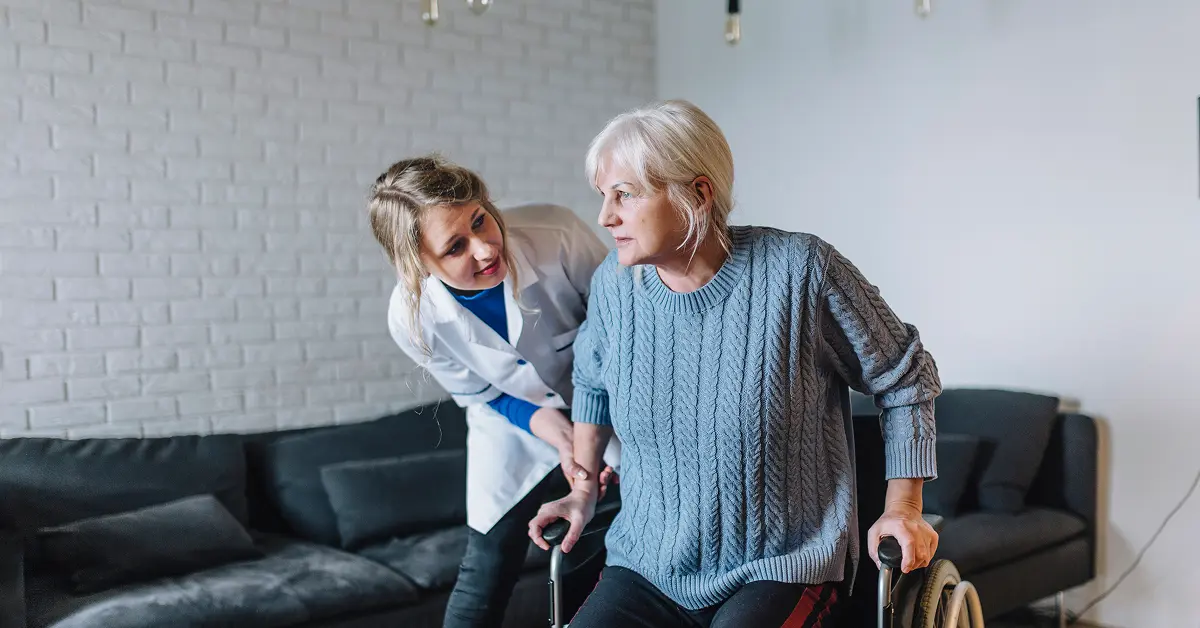Learn how to become a legal caregiver for your family member in India. Step-by-step guide covering legal requirements, documentation, and caregiver rights.
In India, family caregiving has always been seen as a moral responsibility. However, as caregiving becomes more intensive and structured—especially for elderly or disabled relatives—many people are now seeking legal recognition as a caregiver. This not only ensures access to important medical and financial decisions but also offers certain protections and potential benefits.
What Does It Mean to Be a Legal Caregiver?
A legal caregiver is someone who is formally recognized by the law to provide physical, emotional, and/or financial care to a family member. This status allows you to make key decisions about healthcare, manage assets, and even apply for government benefits on behalf of your loved one. It’s especially useful in situations involving dementia, chronic illness, or disability.
Why Legal Caregiver Status Is Important
- Medical Consent: Doctors and hospitals may not allow non-authorized individuals to make treatment decisions.
- Access to Records: You can gain access to health records and financial documents.
- Government Benefits: You can apply for pensions, disability benefits, or caregiving allowances on behalf of the care recipient.
- Protection Against Liability: Legal status helps you avoid misunderstandings or disputes with other family members.
Step-by-Step Guide to Becoming a Legal Caregiver in India
Determine the Type of Caregiving Role You Need
Caregiving can range from simple assistance with daily activities to complete financial and medical control. Decide whether you need to become a guardian, have power of attorney, or apply as a nominee for specific services.
Talk to the Family Member and Other Relatives
Before initiating any legal steps, have a clear and transparent discussion with the care recipient (if capable) and other family members. Ensure there is consensus about who will become the legal caregiver.
Obtain a Medical Certificate
If the family member has a mental or physical disability, a certified medical report from a government hospital or a registered medical practitioner is essential. This document is often required for guardianship and other legal authorizations.
Choose the Right Legal Path
Depending on your situation, one or more of the following legal routes may be suitable:
- Power of Attorney (POA): Grants you the authority to act on the family member’s behalf for financial and/or medical decisions. It must be registered with the sub-registrar's office.
- Legal Guardianship: Applicable if the family member is mentally or physically incapacitated. You can apply under the National Trust Act or via court-appointed guardianship.
- Nomination: Add your name as a nominee for bank accounts, insurance policies, pension benefits, etc. This does not offer decision-making power but helps in managing routine matters.
Prepare Legal Documents
You’ll need several documents to initiate any legal process. These may include:
- Aadhaar card and PAN card (for both caregiver and recipient)
- Medical certificates stating incapacity (if applicable)
- Photographs
- Proof of residence
- Legal drafts of POA, guardianship petition, or nomination forms
Consult a Lawyer or Notary
To ensure all legal requirements are met, it's advisable to consult a lawyer specializing in family or elder law. They can help draft the documents, ensure proper registration, and represent you in court if needed.
Register the Documents
Depending on the legal route you choose, documents must be registered:
- POA: Register with the local Sub-Registrar Office under the Indian Registration Act.
- Guardianship: File a petition with the District Court or under the National Trust Act for disabilities.
- Nominee: Submit nomination forms to banks, insurance companies, or pension offices.
Inform Medical and Financial Institutions
Once legally recognized, provide copies of your documentation to hospitals, banks, and government offices to ensure smooth access to services and decision-making processes.
Government Schemes and Benefits for Caregivers
In India, there are a few central and state-level schemes that support caregivers:
- Maintenance and Welfare of Parents and Senior Citizens Act, 2007: Legally binds children or relatives to care for senior citizens.
- Indira Gandhi National Disability Pension Scheme: Caregivers can help apply for benefits if their dependent qualifies.
- National Trust Schemes: Offers legal guardianship, respite care, and caregiver training for persons with autism, cerebral palsy, and multiple disabilities.
Challenges You May Face
- Family Disputes: Other relatives may contest your caregiving role.
- Lengthy Legal Process: Guardianship and POA formalities may take time.
- Lack of Awareness: Many institutions may not immediately recognise the caregiver’s authority unless you proactively inform them.
Tips for Smooth Process
- Maintain all documents in a secure digital and physical format.
- Keep written records of expenses, treatments, and communications with institutions.
- Renew or update legal documents as required.
- Attend caregiver support groups or training programs for better preparedness.
Conclusion
Becoming a legal caregiver in India is a significant step that provides you with the authority and responsibility to support your loved one. While the legal process may seem daunting at first, it ensures long-term security, access to services, and peace of mind for both the caregiver and the family member. By taking the right steps—from documentation to registration—you can provide care with confidence and legal backing.
If you are considering taking on this vital role, consult a legal expert and begin the process as early as possible. Your commitment can make all the difference in the life of your loved one.
Contents
Our 24*7 services
Latest Posts
- What Is Respite Care and Why Is It Important
- Affordable home care for senior citizens in India
- Caring for Seniors with Dementia or Alzheimer's at Home
- Senior Caregiving A Guide for Every Family
- How to Write a Caregiver Resume That Gets You Hired
- How Care After Hospital Discharge Speeds Up Recovery at Home
- How to Get Home Health Care for Seniors Through Medicare
- What Does a Senior Citizen Caregiver Really Do at Home
- How to Care for Elderly Parents with Alzheimer’s or Dementia
- How to Get 24-Hour Care for Seniors at Home



